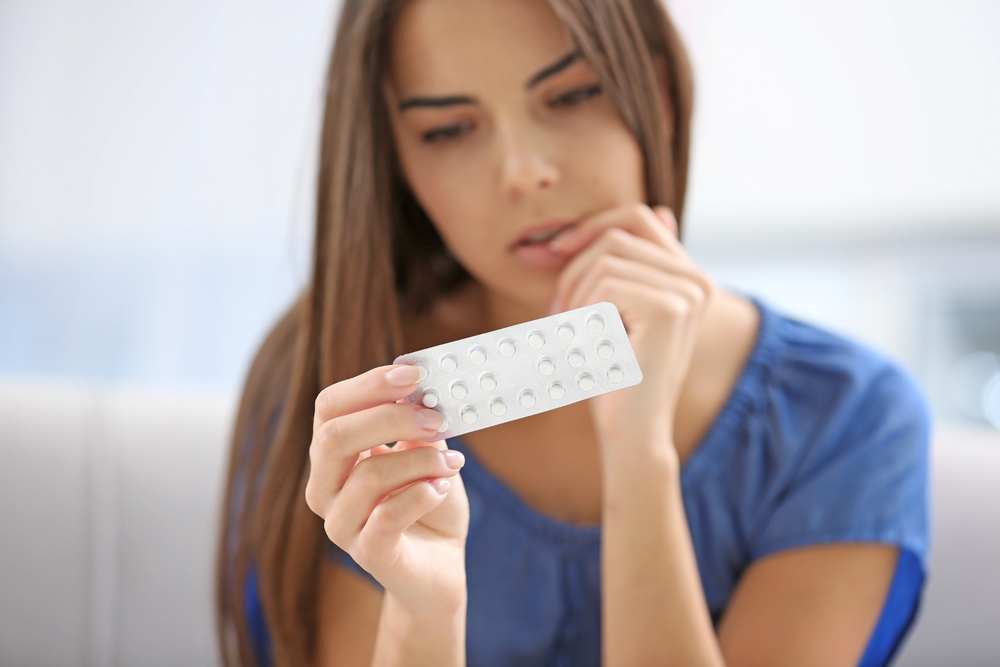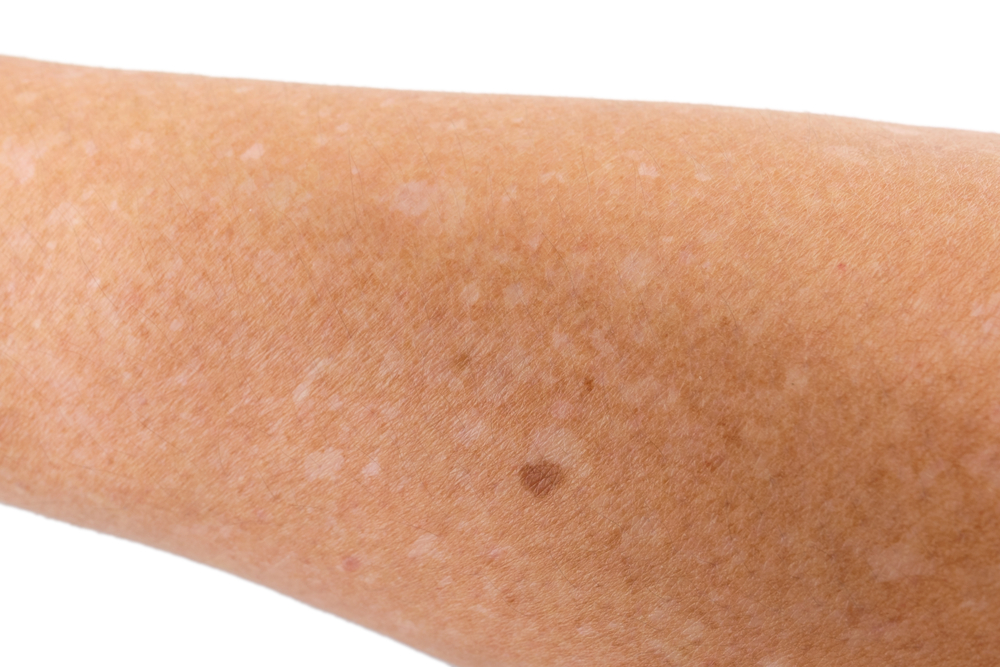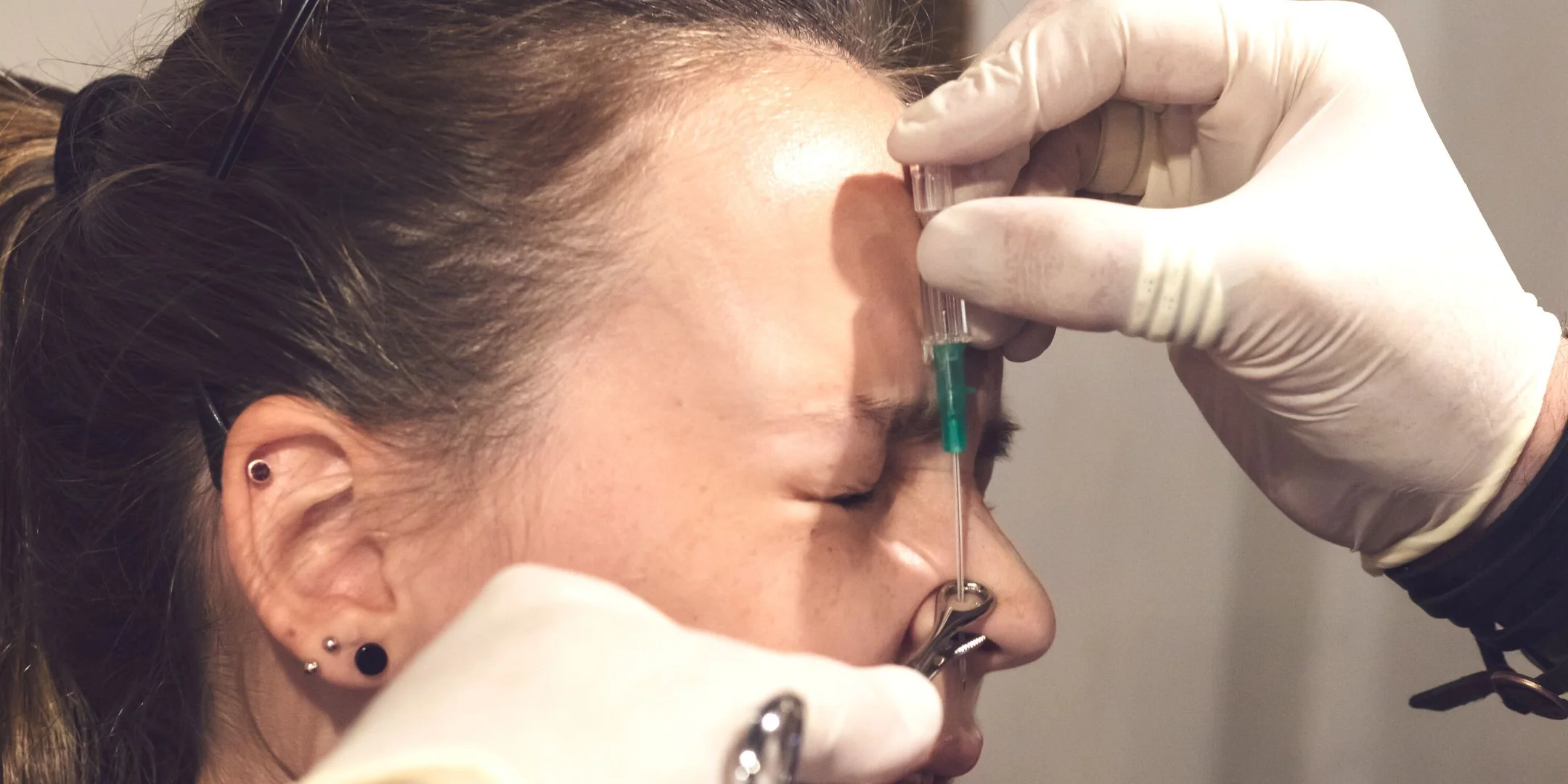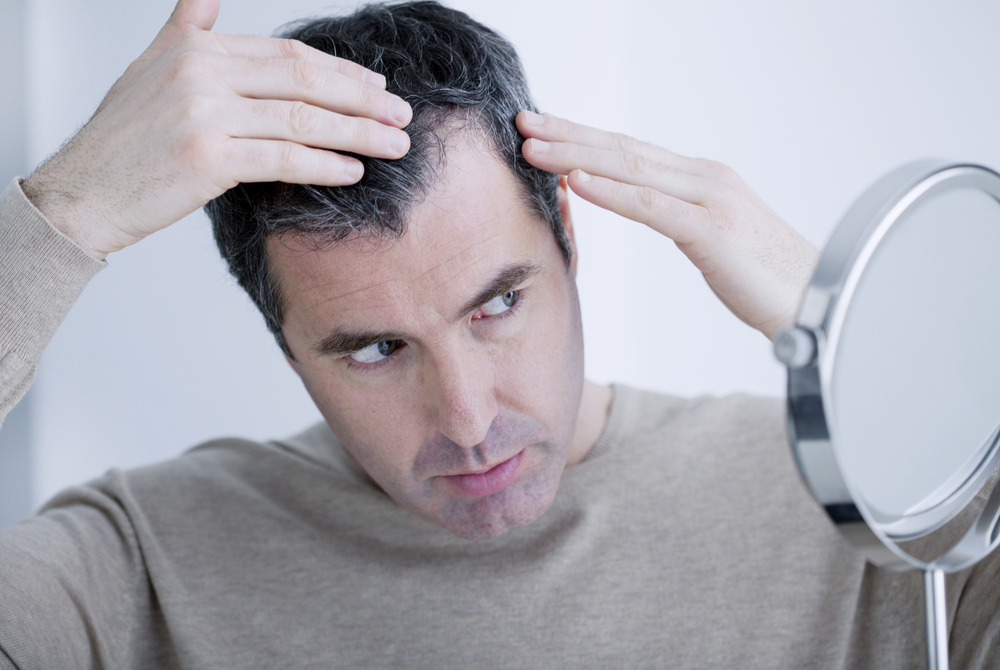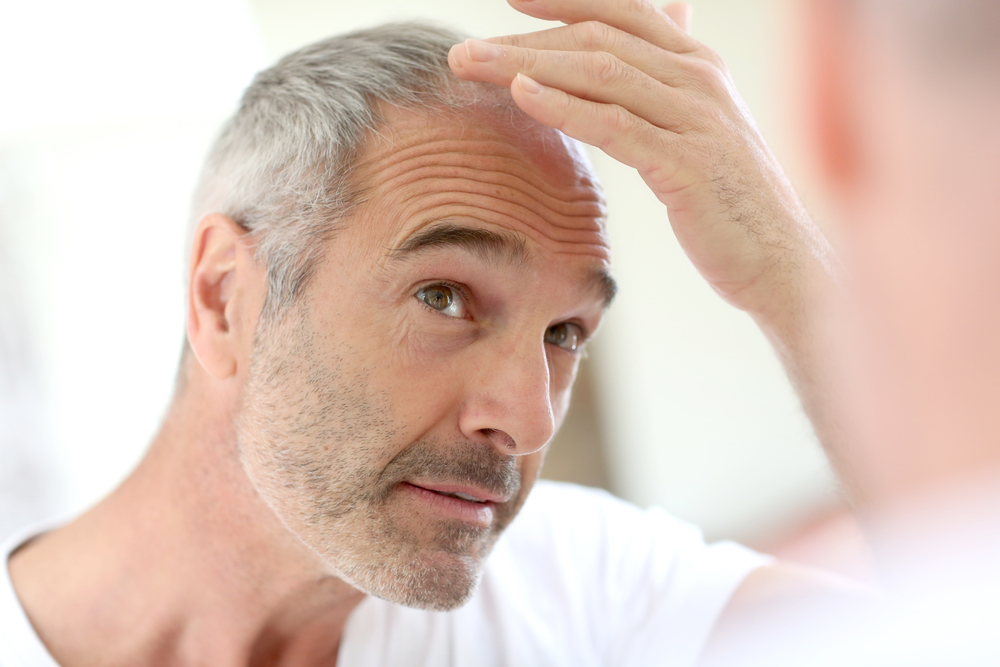- Researchers have found that oral contraceptives (OCPs) are superior to antibiotics in long-term management of acne.
- OCPs are effective at managing acne due to the way they regulate the production of certain hormones.
- Pills that contain estrogen provide the best results, while other types of contraceptive pills may actually worsen acne.
Given its prevalence, there is an abundance of treatment options for dealing with acne, ranging from dietary and hygiene regimens to prescription drugs and steroid injections.
It is fairly well known that oral contraceptive pills (OCPs) can also be an effective choice for women looking for relief from acne, but is there any truth to this long-standing belief?
We have rounded up all the information you will need to make an informed decision about using birth control pills to prevent acne flare-ups.
What causes acne?
Acne is a skin condition in which small, red, raised bumps or pimples appear on the skin, usually on the face, shoulders, chest, and upper back. Acne may also appear as blackheads, whiteheads, cystic lesions, nodules, and lumps filled with fluid.
Beneath the surface of the skin, there are tiny sebaceous glands that are connected to the skin’s pores via follicles. These glands secrete an oily substance known as sebum, which travels along the follicle to the surface of the skin carrying dead skin cells along the way. When the glands produce too much sebum, it can clog pores and prevent the transfer of sebum.
Eventually, pores reach capacity and the sebum damages the surrounding cellular walls, creating an environment in which Propionibacterium acnes bacteria can thrive. Your immune system reacts by attacking the bacteria, which typically manifests as a pimple, blackhead or some other form of skin reaction.
The underlying cause of acne is largely due to hormonal changes in the body, which explains why it is so widespread among those going through puberty. As androgen levels rise, the oil glands begin to expand and start producing more sebum, that in turn increases the risk of clogged pores and a breakout.
A variety of other factors are thought to trigger or exacerbate acne, including:
- Some types of medication, particularly those containing testosterone and/or corticosteroids
- Oily cosmetics
- Greasy substances
- Friction on the skin
- Genetics
- Stress
How do oral contraceptives help acne?
The main purpose of OCPs is to prevent ovulation—the release of an egg during a woman’s monthly cycle. However, due to the way they influence hormonal ebb and flow, OCPs can also affect the body in a number of ways that extend far beyond contraception—including the possible benefit of improving skin’s health.
Many women have found that OCPs are an effective way of preventing acne breakouts and maintaining clear, beautiful skin. In a comprehensive review published in the Journal of the American Academy of Dermatology, researchers found that oral contraceptives were superior to antibiotics in long-term management of acne.
What makes OCPs so effective at managing acne? According to Dr. Will Richardson, board-certified dermatologist at Natura Dermatology in Fort Lauderdale, it is due to the way they regulate the production of certain hormones.
“Oral contraceptives containing low-estrogen concentrations and certain types of estrogen derivatives are highly effective at improving hormonally-influenced acne,” says Dr. Richardson. “The oral contraceptive pill balances out the male hormones produced by the ovaries, which subsequently reduces the activity of the oil glands in the skin.”
Who can use oral contraceptives for acne?
OCPs are suitable for just about any woman who is looking for a relatively safe and effective way to manage treatment-resistant acne. Not only are they effective, but they are also very reasonably priced; a month’s prescription typically costs under $50 and in many cases will be covered completely by your health insurance provider or if you qualify, by Medicaid.
“Oral contraceptive pills can be very effective for adult women with acne, women with pronounced menstrual flares, and those in whom oral contraceptive pills are also indicated for gynecologic problems,” explains Dr. Dustin Mullins of Affiliated Dermatology.
You may be a good candidate for OCPs as an acne treatment if you:
- Are over the age of 15
- Have started menstruating
- Are not pregnant or breastfeeding
- Have acne that has not responded to other forms of treatment
For most women this is a safe and effective form of acne treatment. However—as with any medication—this may not be suitable for everyone. Your doctor may not recommend OCPs if you have a history of blood clots, liver disease, heart disease, or some types of cancer.
In addition, you may not be a good candidate if you:
- Are over the age of 35 and smoke cigarettes
- Are severely obese
- Have a history of high blood pressure or high cholesterol
It’s important to bear in mind that these are guidelines only. Be sure to have a conversation with your doctor to find out if birth control is right for you.
FDA-approved oral contraceptives for treating acne
There are many brands of oral contraceptives available in the United States. There are two main types: combined pills, which contain a mixture of estrogen and progestin, and progestin-only pills (commonly referred to as mini pills).
“All oral contraceptive pills that contain estrogen seem to be effective by decreasing levels of ovarian androgens and free testosterone in the blood,” says Dr. Mullins. “The progestin historically had strong androgenic, acne-causing activity; however, newer formulations have much more favorable activity.”
Simply put, combination pills are best at managing acne. In fact, research indicates that progestin-only pills may actually increase the severity of acne.
In a review by the Cochrane Group, researchers analyzed 31 trials studying the use of oral contraceptives for managing acne and found that all combination birth control pills were able to treat both inflammatory and noninflammatory acne.
There are three birth control pills that are currently approved by the FDA for acne treatment:
- Estrostep contains norethindrone acetate and ethinyl estradiol
- Ortho Tri-Cyclen contains norgestimate and ethinyl estradiol
- YAZ contains drospirenone and ethinyl estradiol
How long does it take to see results?
Patience is key when it comes to dealing with acne. It may take several months before you start to see substantial improvements in your skin. During treatment, you may find your acne temporarily worsens due to the sudden hormonal changes.
It is a relatively slow process because the body needs time to adjust to the new hormones. Stay optimistic and have trust that it will work out in the long run. Once your body has found its new hormonal balance, you may find that you experience fewer acne breakouts, a decrease in pimples, and smoother skin.
It is also important to note that your doctor or dermatologist may recommend that you use other medication in conjunction with the birth control pills to help manage your acne. This is because OCPs only control the production of sebum and do not affect other factors that may contribute to acne.
The timeline of your treatment may vary depending on which supplementary medicines your doctor prescribes.
What are the risks of using oral contraceptives for acne?
In years gone by, there were significant risks associated with the use of birth control pills. Thankfully, modern oral contraceptives contain far lower doses of hormones than pills of the past, making them far safer than they once were.
Nevertheless, as Dr. Richardson explains, there are still some risks to be aware of before committing to birth control.
“Oral contraceptive pills are not recommended for women who have a history of, or family history of, estrogen-sensitive tumors. Side effects include blood clots, especially when smoking tobacco is involved.”
Research indicates birth control pills may also increase the risk of high blood pressure, liver disease, headaches, mood swings, and depression.
When to see a physician
In short, OCPs are a very effective option for managing acne. Combination pills that contain a mixture of hormones are the most effective — but they do carry some risks that may affect a small portion of the population.
» Ask your physician if oral contraception could help clear up your skin and prevent future acne breakouts, or use Zwivel’s online consultation tool to discuss your options with a board-certified dermatologist in area.





